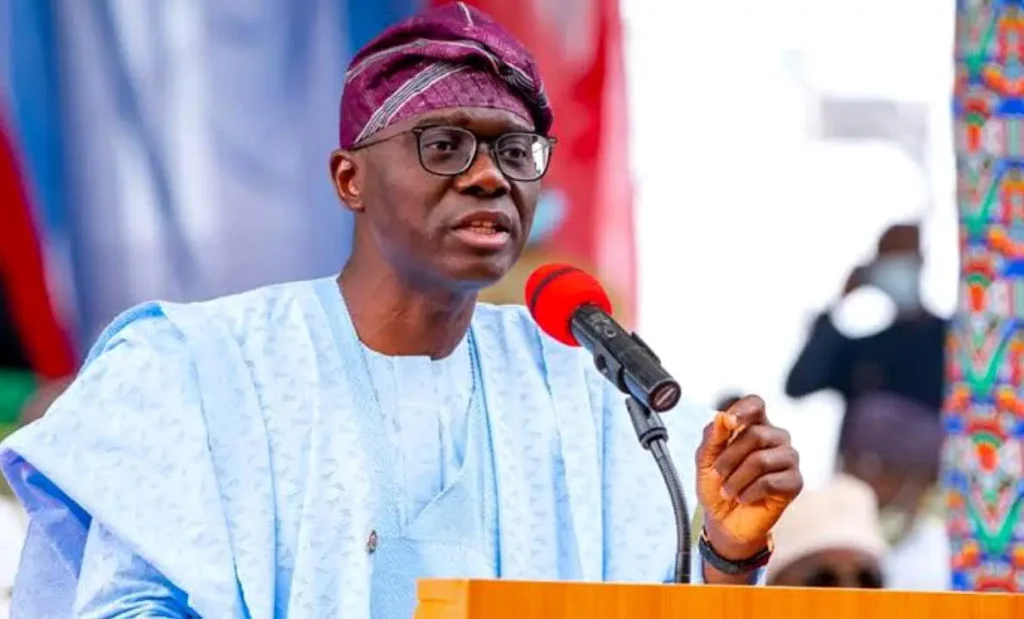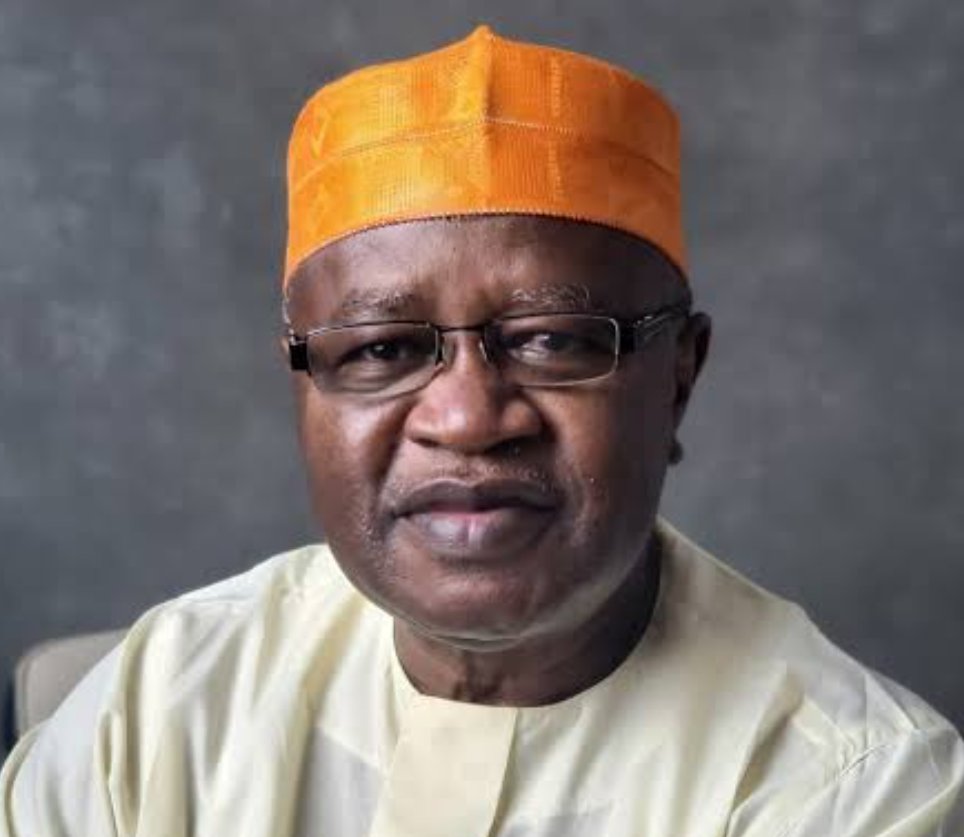Nairobi, Kenya – In a bid to position itself as a political and economic powerhouse in East Africa, Kenya finds itself entangled in diplomatic tensions with several neighboring countries. Despite Kenya’s proclamations of being a beacon of peace in the region, recent spats with at least four neighboring nations have cast doubts on its intentions, sparking concerns about the burgeoning discord.
The Democratic Republic of Congo and Sudan’s decisions to recall their ambassadors from Nairobi followed allegations that Kenya was harboring and engaging with opposition groups from both nations. This move underscores the escalating friction between Kenya and its neighbors, raising geopolitical concerns within the region.
In a separate dispute, Uganda filed a lawsuit against Kenya in the East African Court in Tanzania, citing an oil distribution disagreement. The case revolves around Kenya’s alleged refusal to permit Ugandan government oil marketers to operate within its borders. This conflict emerged in the wake of Uganda’s abandonment of the open tender system for purchasing petroleum products from Kenya, further exacerbating the rift between the two nations.
Moreover, Tanzania imposed a ban on Kenya Airways flights from Nairobi to Dar es Salaam, citing Kenya’s denial of permission for Tanzania’s national carrier to operate cargo flights to Nairobi. While the ban was eventually lifted following discussions between the foreign affairs ministers of both countries, it underscored the strained bilateral relations.
In response to these escalating tensions, Kenyan Foreign Minister Musalia Mudavadi emphatically stated that Kenya is “not at war” with its neighbors and remains committed to fostering peace in the region. Mudavadi emphasized President William Samoei Ruto’s proactive involvement in restoring stability in neighboring countries, emphasizing the potential spillover effects of regional conflicts on Kenya.
Conversely, Kenya has faced criticism, both domestically and internationally, regarding its handling of engagements with neighboring states. Some experts, including international relations analyst Kizito Sabala, suggest that the growing diplomatic confrontations stem from the pushback against Kenya’s rising influence in the region. This underscores the inherent challenges that accompany Kenya’s aspirations to assert its dominance as a regional power.
Sabala also underscored that the assertiveness displayed by President Ruto, who assumed office just over a year ago, has prompted responses from neighboring nations who seek to counterbalance Kenya’s influence. However, he downplayed the severity of the tensions, attributing them to the natural course of Kenya’s assertive regional engagement.
Despite the geopolitical complexities, experts have highlighted the importance of Kenya exercising caution in its approach towards the conflicts in the Democratic Republic of Congo and Sudan. They emphasize the need for Kenya to navigate these delicate diplomatic terrains thoughtfully, particularly in refraining from taking sides in the complex internal dynamics of its neighboring countries.
Kenya’s pursuit of regional dominance, met with diplomatic pushback from neighboring nations, presents a challenging landscape for the country as it seeks to wield influence while balancing regional stability.



